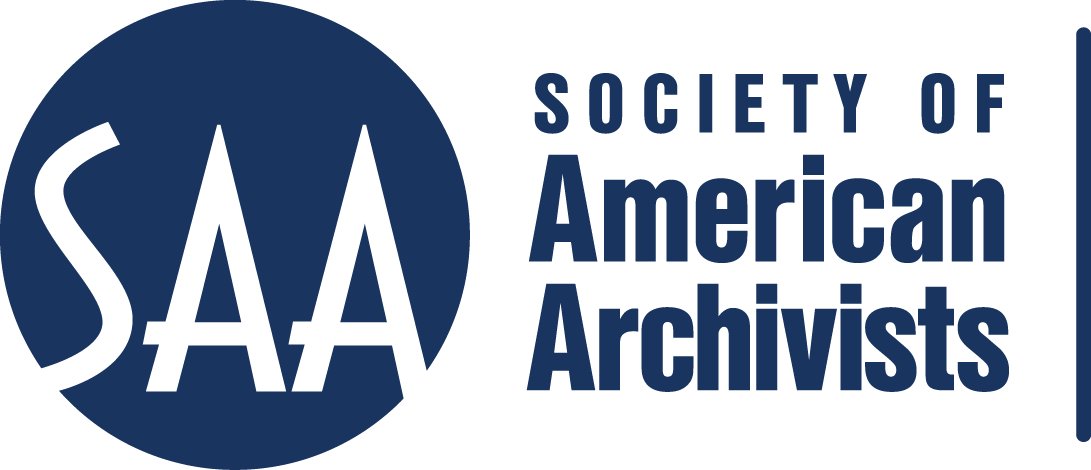A Brief Preliminary Comment on “Being Assumed Not to Be”1—And a Pledge This Will Not Become Ad Hominem Ad Infinitum
To the Editor:
Let a man rather cast himself into a fiery furnace than shame his fellow in public. . . . Stealing money from a man is less severe than stealing his good name, because the money can be repaid in full but even if the wrongdoer atones and tries to compensate the victim the shame can never be completely undone.
–The Babylonian Talmud, Baba Metzia (page 59a)2
I was not raised in a religious household, but I was, I suppose, acculturated as a Jewish male, including having been bar mitzvah-ed to please my maternal grandfather. That acculturation has included some interest in the Talmud. The Talmud is an analysis, disputation, and explanation of the Old Testament by Judaism's most revered rabbis over the course of centuries. I cite a quotation of rabbinic wisdom because I have been admonished by friends and colleagues not to respond to Mario Ramirez's personal shaming attack on me in his article earlier in this issue of the journal. 3
Walking away is hard, but it is the right thing to do. Why? There are several reasons.4 But the most important is that such a rejoinder would simply continue, as I believe his original ad hominem defamations have already begun, to take focus and energy off the true concern, which is the task we as a profession face in defining and then implementing true and enduring change in our profession and professional organizations in matters of racism, classism, sexism, homophobia, ableism, and all the other “isms” that infect how we do our jobs, how we run our organizations, how we manage our institutions, and how we develop our up-and-coming cohorts. We need to get to work on intellectually “unpacking” the densely woven skeins of history, culture, privilege, oppression of many kinds and against many “others,” self-analysis and locating our own individual places in the present relationships in our culture, and what each of us has done, could/should have been expected to do, and still might be able to do to help improve certain things in our profession. I don't happen to believe that those “things” revolve solely around race, though race is the most momentous single Rubik's Cube that has to be straightened out.
After accepting, editing, and setting type for Ramirez's article, The American Archivist offered me space in the Forum in the same issue and thirty days to organize my thoughts and write a response.5 It was my intent to create a full reply to Ramirez's article. But researching, discussing, writing, and revising an article on privilege and oppression in our profession—in our collections, in our ranks, in our consciousness—could not be accomplished within the month allotted to me. My health, unfortunately but incontrovertibly, is making it much harder for me to research and write as I once did. You can well imagine that it is an unspeakable frustration for an opinionated loudmouth like me to be forced to, as the movies on television say, be edited for length (and let's face it, sometimes for content—that's the importance of having friends who are willing to tell me if/when I've crossed a line).
While I do intend to give it another go in a future issue of The American Archivist, I would certainly be pleased if other archivists would take up the topic with or even before me. We have to accept the ineluctable fact that to have the hard discussions and decisions effect true alterations in attitude and action and in devising new avenues to cause and cement change is going to take the proverbial village. In the November/December 2012 Archival Outlook, for example, Adrienne Harling published a short but provocative article titled “What to Do about Privilege?: Reflections on Diversity from One Archivist's ‘Beyond Borders’ Experience.” She noted, among several other important ideas relatively new to her, that “Passive discovery of the archives profession is not enough to increase diversity among archivists. Increasing diversity among archival professionals requires active recruitment of individuals with diverse backgrounds into the archival field.”6 It is essential that such recruitment be a responsibility of every repository, perhaps every professional—SAA as an organization can never succeed in such a goal alone. In 2008, the SAA College and University Archives Section proposed exactly this type of action by individual repositories and archivists as important in achieving the profession's diversity goals.7
We also need (and I hope to suggest in the near future) some preliminary proposals for making a difference—here is where we always seem to run aground; even Ramirez's article gives the smallest amount of space to how we should or can start succeeding to accomplish change. In the meantime, articles, sessions, unit initiatives, repository programs, and more, about race and racism, about privilege and oppression, about identity and invisibility,8 all need to happen always, undertaken by far more of us, and with the energy we might exert in pursuing higher salaries, a goal many of us find quite important. These issues, this change, is essential to our profession as it is ultimately essential to our society. We don't control society, but we do control our profession. Let's get at it.

